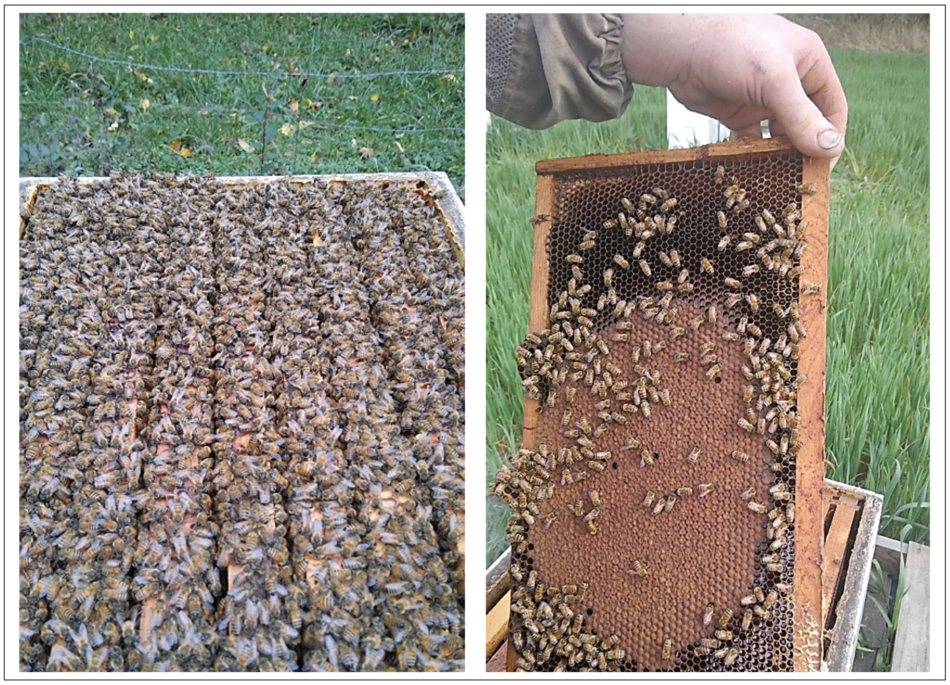A Canterbury beekeeper has begun triple-treating some of his 4000 hives to stop varroa mites destroying his bee colonies.
Hantz Honey operations head Barry Hantz lost about 10% of his hives to the parasites last winter and is spending $150,000 a year on strip treatment.
He is not alone. A national survey by the beekeeping industry and Ministry for Primary Industries found that nearly 14% of the country's bee hives were lost over the same period. Nearly 40% of them were taken out by varroa infestations.
For the first time, beekeepers in the New Zealand Colony Loss Survey report it is the most common reason for hive losses over the winter.
Mr Hantz said varroa losses had increased and were higher than the Leeston family operation wanted.
It cost them $200 to $300 to replace each of the 400 to 500 hives they lost over winter.
They increased varroa treatment from twice a year to triple-treating for about 25% of their hives last winter because of large losses in early autumn, he said.

 www.odt.co.nz
www.odt.co.nz
Hantz Honey operations head Barry Hantz lost about 10% of his hives to the parasites last winter and is spending $150,000 a year on strip treatment.
He is not alone. A national survey by the beekeeping industry and Ministry for Primary Industries found that nearly 14% of the country's bee hives were lost over the same period. Nearly 40% of them were taken out by varroa infestations.
For the first time, beekeepers in the New Zealand Colony Loss Survey report it is the most common reason for hive losses over the winter.
Mr Hantz said varroa losses had increased and were higher than the Leeston family operation wanted.
It cost them $200 to $300 to replace each of the 400 to 500 hives they lost over winter.
They increased varroa treatment from twice a year to triple-treating for about 25% of their hives last winter because of large losses in early autumn, he said.

Small mite a big problem
A Canterbury beekeeper has begun triple-treating some of his 4000 hives to stop varroa mites destroying his bee colonies. Hantz Honey operations...



